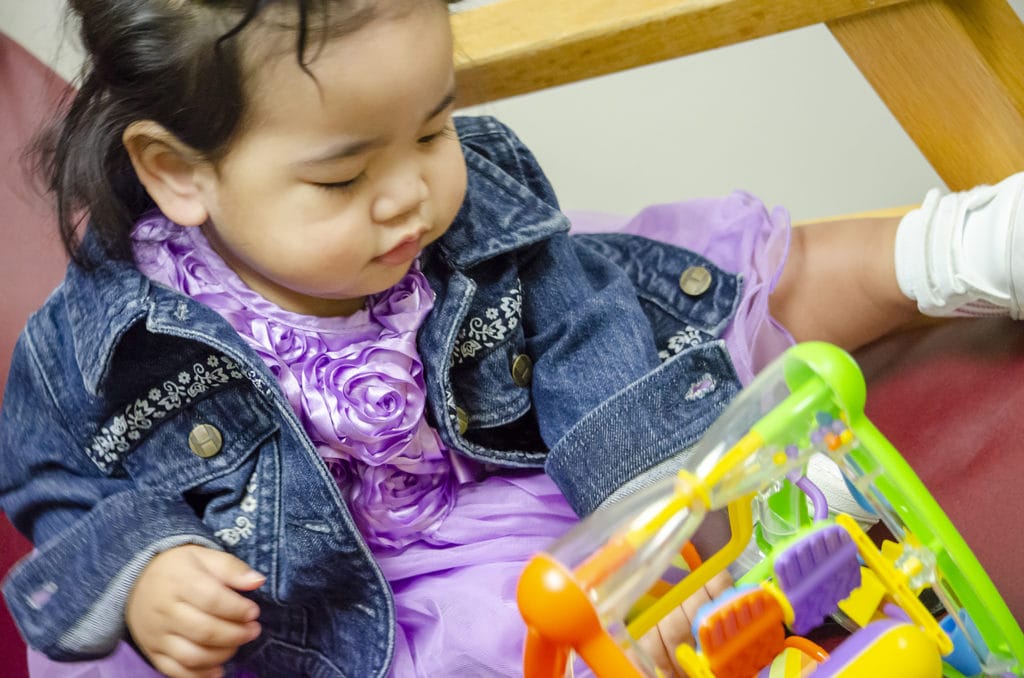
Research studies conducted by the UAMS Office of Community Health and Research found that while many Marshallese mothers adhere to traditions that encourage a healthy diet during pregnancy, many are not receiving adequate information about gestational weight gain.
Healthy gestational weight can lower a baby’s chances of illness, developmental delays, and unhealthy infant birth weight. Recent Community Health and Research studies aimed to specifically explore pregnancy weight gain, infant feeding and food insecurity among Marshallese mothers.
Other key findings from the studies include:
- Exclusive breastfeeding was viewed as the healthiest option for infants, but most participants said their infant feeding would include both breast and formula-feeding.
Barriers to breastfeeding for Marshallese mothers include the need for work outside of the home, restricted or low access to WIC benefits, and the belief that breastfeeding in U.S. is against customs.
The U.S. Dietary Guidelines for Americans and the American Academy of Pediatrics recommend exclusive breastfeeding for the first six months of a child’s life, followed by the introduction of complementary foods in addition to breastfeeding until the child is 12 months old. Breastfeeding in public and private is protected by law in all 50 states.
- About 55 percent of Marshallese mothers surveyed reported having enough food to eat in their household.
- Eighty-two percent of Marshallese mothers surveyed reported having a hard time paying for necessities like food, housing, medical care and utilities. This number is much higher than what is reported in other populations.
Findings from the study will be used by the Community Health and Research Family Programs team to provide and connect individuals and families to health services available in the community, as well as improve health practices and outcomes for mothers, children and families in Northwest Arkansas.
Click the links below for a full summary of the studies.
